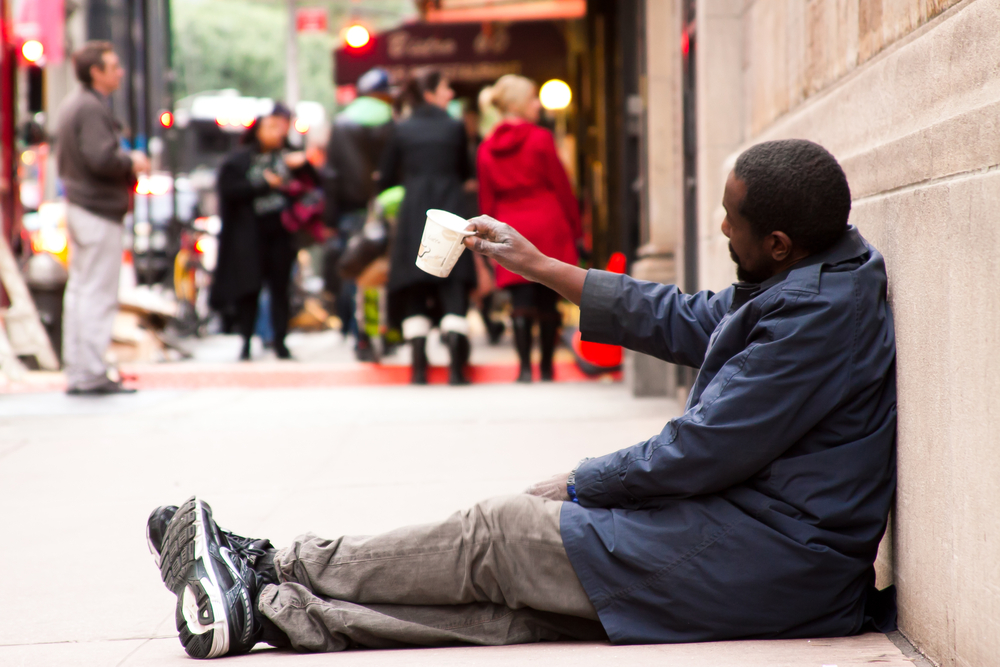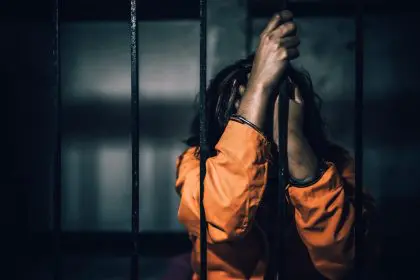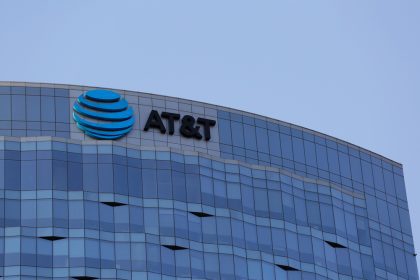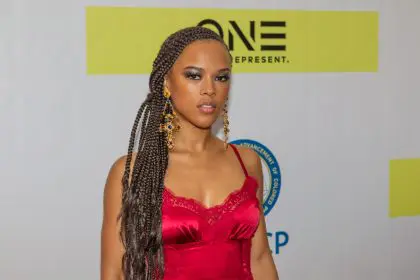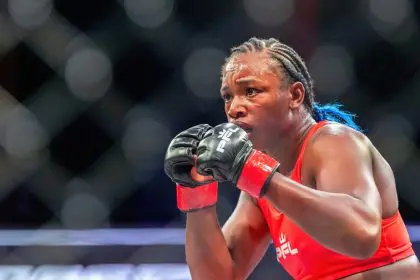An Atlanta homeless man, known as Bigbossd Escobar, has sparked widespread attention after posting on Facebook about his dire need for housing. Escobar, who relocated from St. Louis four years ago, shared his struggle living in shelters and searching for permanent accommodations in the Atlanta Rooms for Rent Facebook group.
Unexpected viral sensation
Escobar’s post quickly went viral, amassing over 3,000 comments. Surprisingly, more than 1,000 women offered him a place to stay, captivated not just by his plight but by his striking appearance, featuring light eyes and long locs. This overwhelming response has led to a mix of support and skepticism about his intentions, with some suggesting he could leverage his looks for a modeling career and others doubting the authenticity of his homelessness.
Public reaction and criticism
The public’s reaction has been a mix of empathy and criticism. Some see his situation as a genuine call for help, while others speculate that Escobar might be using his viral post to gain fame, similar to “Prison Bae” Jeremy Meeks, who turned a viral mugshot into a modeling career. Additionally, the nature of the offers he received — many focusing on his looks — has sparked discussions about the portrayal and perception of Black women in social media narratives.
Broader implications
This incident highlights the complex interplay between social media, personal crises, and public perception. It raises important questions about the authenticity of online personas and the ethical implications of viral fame. As the community watches closely, the true outcome of Escobar’s situation remains to be seen, serving as a reminder of the powerful role social media plays in shaping modern narratives around homelessness and support systems.

